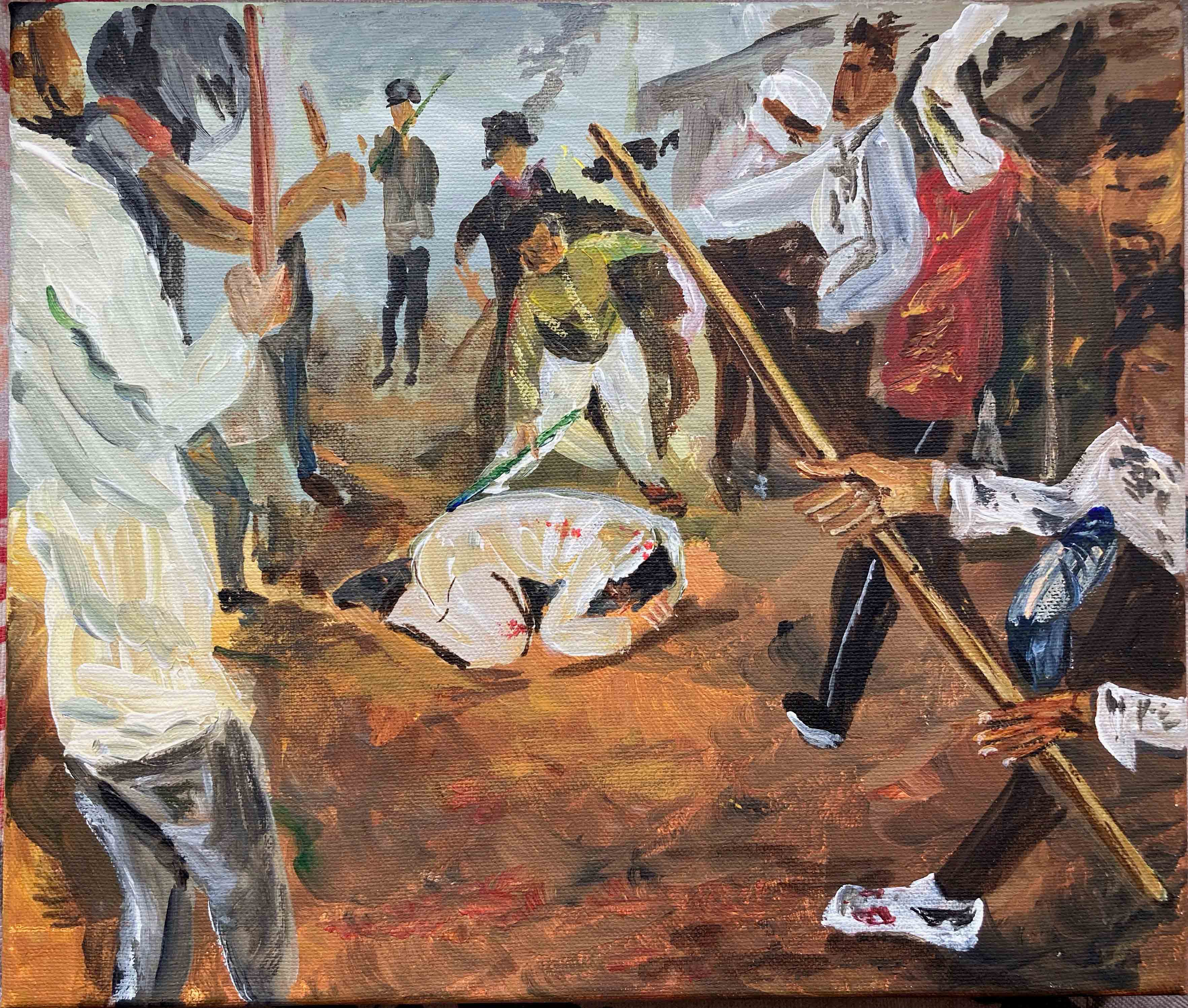The worldwide Covid-19 pandemic has coincided with the rise of what appears to be a 'pandemic of hate' - ranging from murderous policing of Black people in the USA to the mob-killing of Muslim folks in India. Both pandemics have had implications for the ability to touch others, and especially to touch with love and care. The Covid-19 pandemic touched and entered the bodies of people who tried it keep it away by covering their faces, by 'shielding', while it deprived them of the touches of friends, family and friendly strangers. The simultaneous spike of racial and ethnic hatred led to the rise of instances of murder, lynching and assault, especially of individuals from vulnerable, marginalised communities, represented by Mr. George Floyd, killed as he cried, like many Covid-19 victims: 'I cannot breathe.' Rising hate provided touch, but in ways that were injurious, humiliating and dehumanising.
